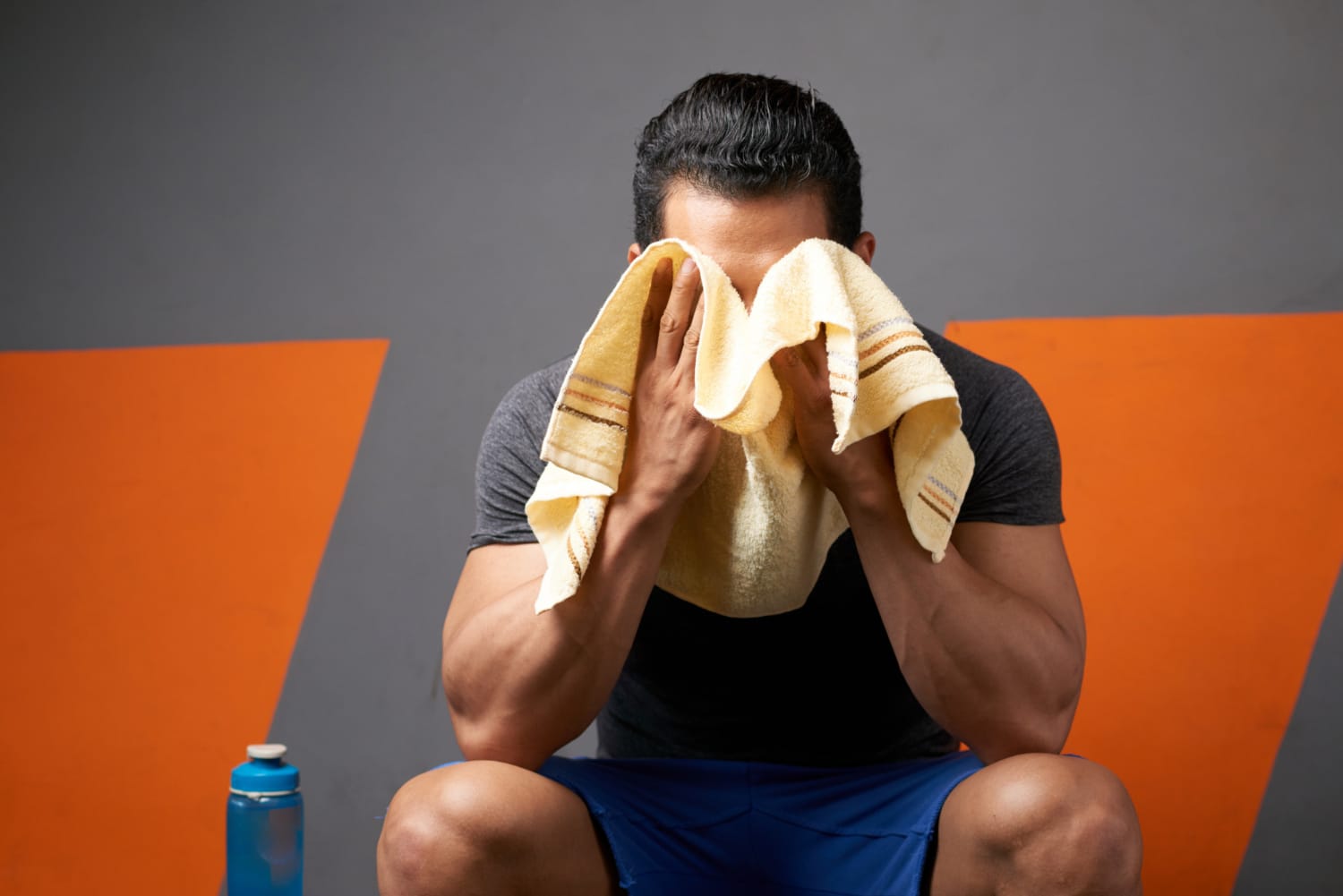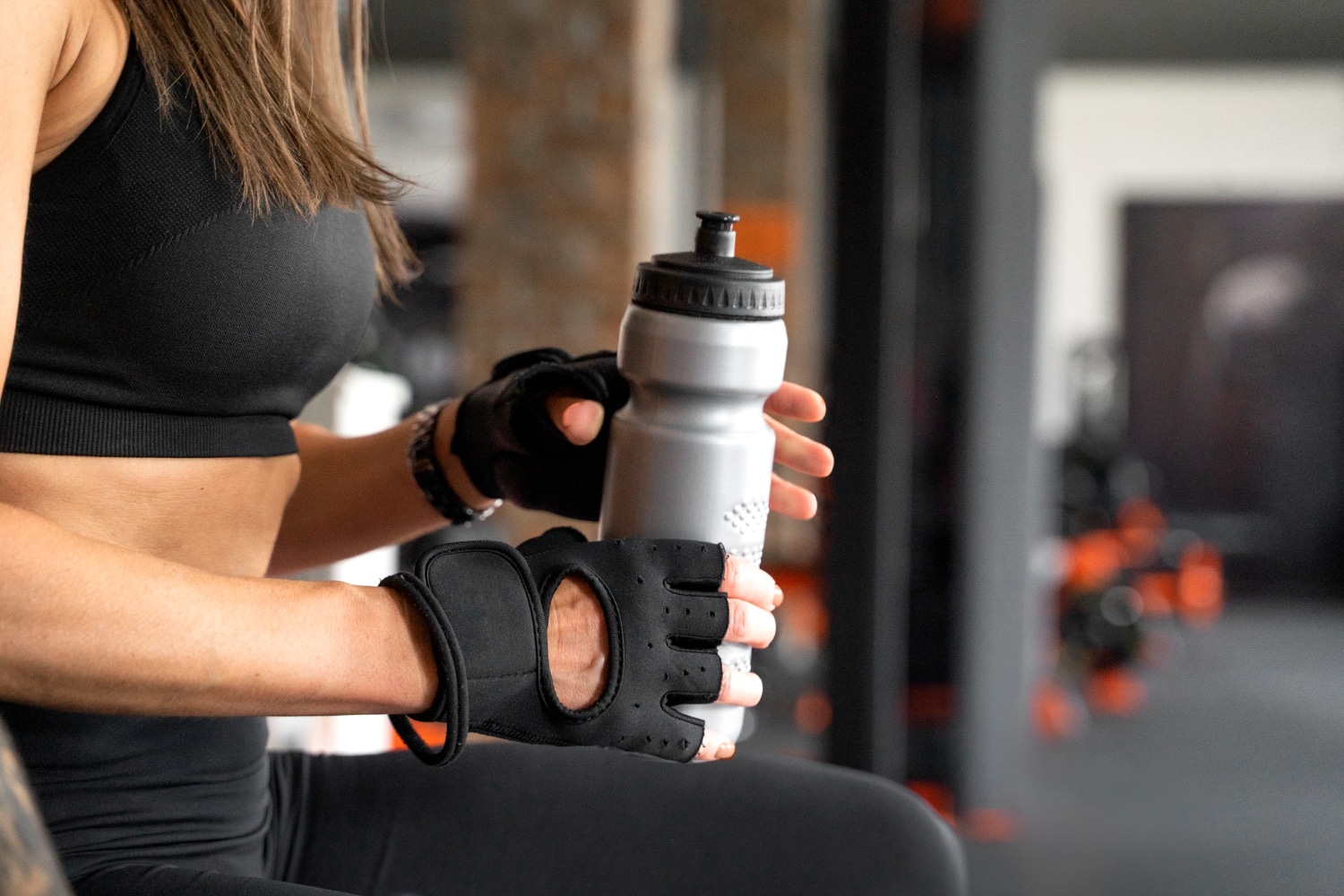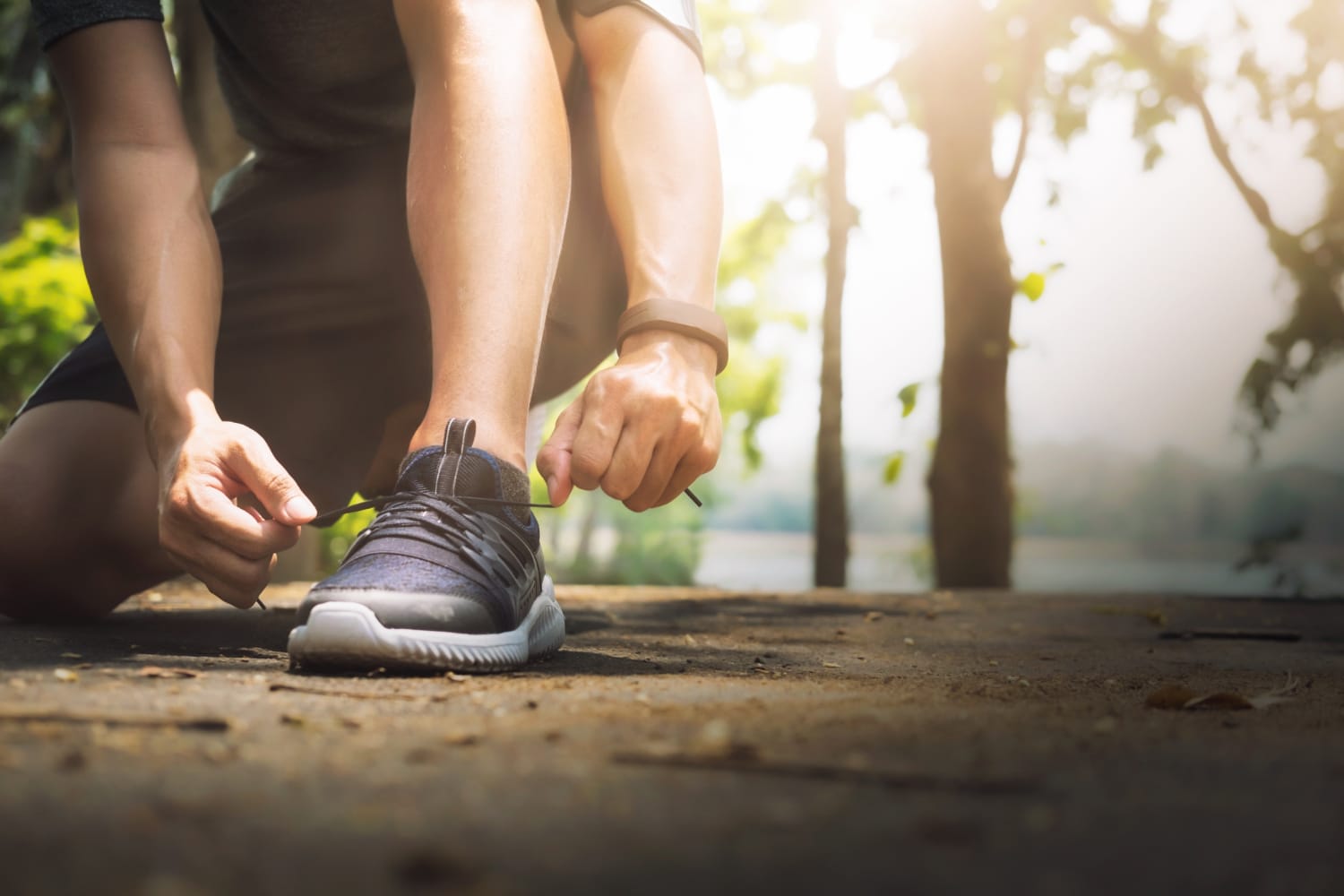Sport for Anxiety Relief
Fortunately, there are a number of effective strategies for dealing with anxiety, and one of them is sport. Anxiety is one of the most common mental health disorders worldwide. These conditions can be debilitating, affecting quality of life and emotional and physical well-being.
The relationship between physical activity and mental health has been widely studied over the years, and evidence suggests that regularly participating in sports can be a valuable tool in combating anxiety.
In this article, we will explore how sporting activity can help with anxiety management, providing information and tips for those who want to experience the benefits of this active lifestyle.
The Benefits of Playing Sports for Anxiety
Before we delve into the ways in which sports can help with anxiety, it's important to understand why anxiety occurs in the first place. Anxiety is the body's natural response to stress, but when it becomes chronic or disproportionate, it can turn into an anxiety disorder. Here are some of the main benefits of playing sports to combat anxiety:
1. Release of Endorphins
Practicing regular sports stimulates the release of endorphins, neurotransmitters in the brain that are known to improve mood and reduce the sensation of pain. These natural chemicals act as natural pain relievers, providing a feeling of euphoria after exercise, commonly known as the “post-exercise feeling of well-being.” This can help alleviate anxiety symptoms.
2. Stress Reduction
Sports are an effective way to release accumulated stress. During sports, the body focuses its energy on physical activities, helping to reduce tension and anxiety. Additionally, the concentration required in many sports can serve as a form of moving meditation, allowing the mind to step away from everyday problems.
3. Increased Self-Esteem
Achieving sporting goals and improving physical fitness can increase self-esteem. As sporting skills improve and the body strengthens, personal confidence can grow, helping to reduce social anxiety and body image concerns.
4. Promoting Healthy Lifestyles
Practicing sports is often associated with healthy lifestyle habits, such as a balanced diet and quality sleep. These healthy habits can play a crucial role in reducing anxiety, as a proper diet and regular sleep have a direct impact on emotional balance.
5. Social Opportunities
Participating in sports often provides opportunities for social interaction. Contact with other practitioners can provide a sense of belonging, emotional support and friendships, contributing to reducing isolation and loneliness, which are factors that often worsen anxiety.
Choosing the Suitable Sport
Playing sports as a means of reducing anxiety can be highly effective, but it's important to choose a sport that suits your tastes. guys and your level of physical fitness.
Here are some considerations when choosing a sport:
1. Personal Taste
Choose a sport you like. If you don't enjoy the activity, you are less likely to do it regularly. It could be swimming, running, cycling, yoga, dancing, martial arts, or any other sport that appeals to you.
2. Physical Conditioning Level
Consider your current fitness level. If you are a beginner, it is important to choose a sport that is accessible and suitable for your fitness level. As you gain experience and strength, you can opt for more challenging sports.
3. Availability
Check the availability of sports facilities in your region. Accessibility to places where you can practice your chosen sport is essential to maintaining consistency in practice.
4. Agenda
Consider your daily and weekly schedule. Choose a sport that you can easily fit into your routine, thus avoiding the feeling of overload.
Tips for Getting Started
If you're considering playing sports as a way to relieve anxiety, here are some tips to get you started:
1. Consult a Healthcare Professional
Before starting any new exercise program, it is advisable to consult a doctor or healthcare professional. They can help you determine which activity is the safest and most beneficial for you.
2. Set Realistic Goals
Set realistic goals for your sports practice. Start with small goals and progressively increase the intensity and duration of your workouts as you gain confidence and strength.
3. Find a Training Partner
Having a training partner can increase motivation and make the sporting experience more enjoyable. You can support each other and celebrate achievements together.
4. Practice Regularity
Consistency is key. Try to establish a regular training schedule and stay committed to it. The benefits for anxiety increase with constant practice.
5. Learn Relaxation Techniques
In addition to sporting activity, it is useful to learn relaxation techniques such as deep breathing and meditation to help calm the mind and relieve anxiety.
Playing sports can play an important role in managing anxiety
The physical and mental benefits associated with sporting activity, such as the release of endorphins, reduced stress, increased self-esteem, promotion of healthy habits and social opportunities, make it an effective strategy for combating anxiety.
It is important to remember that anxiety is a serious problem, and practicing sports does not replace guidance from a mental health professional when necessary. If you suffer from chronic anxiety, it is essential to seek professional help to develop a comprehensive treatment plan that may include playing sports as an integral part.
Ultimately, choosing to play sports as a means of relieving anxiety is a personal decision, and the benefits may vary from person to person.
However, for many, regular physical activity offers a healthy and effective way to reduce anxiety and improve overall well-being. Therefore, don't hesitate to explore the world of sports and discover how this practice can be part of your path to a more balanced and peaceful life.




Post Comment